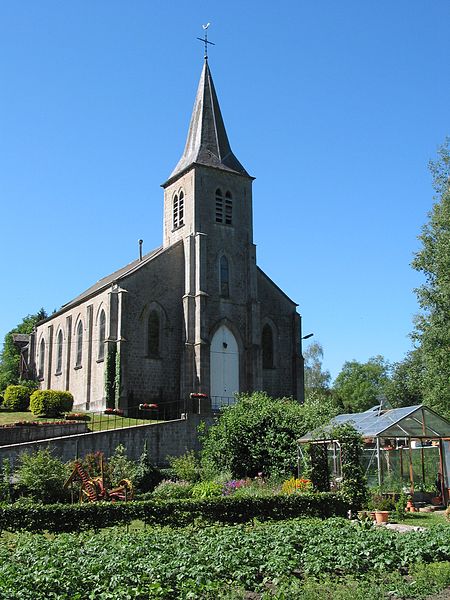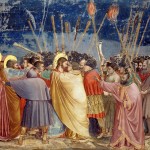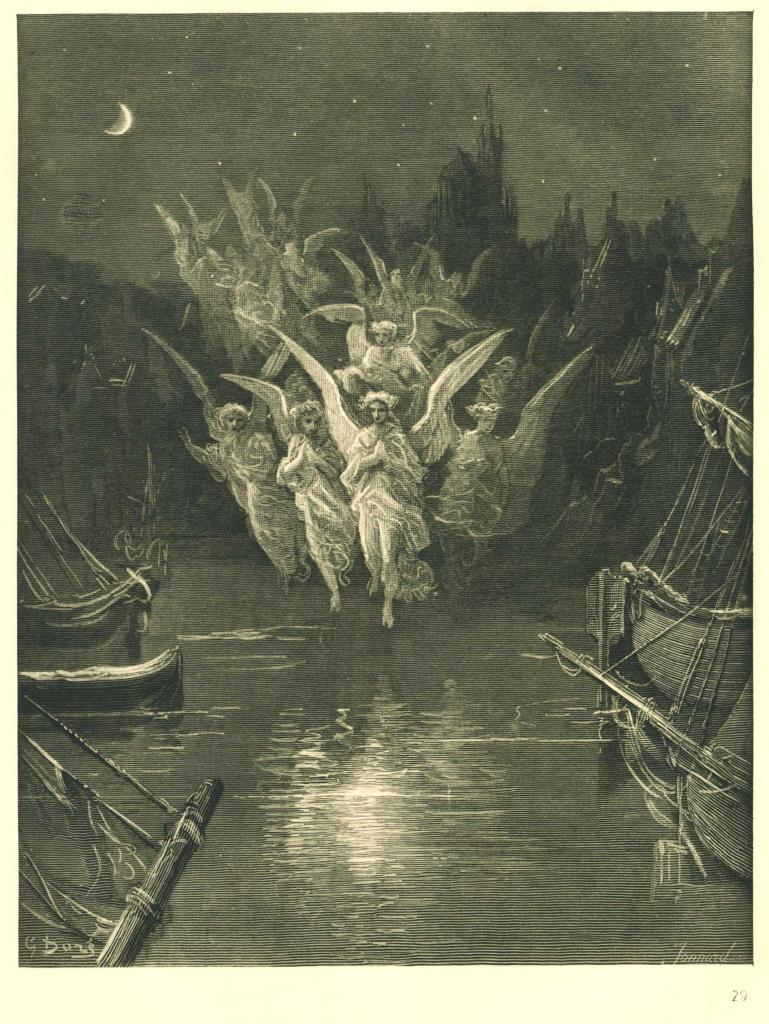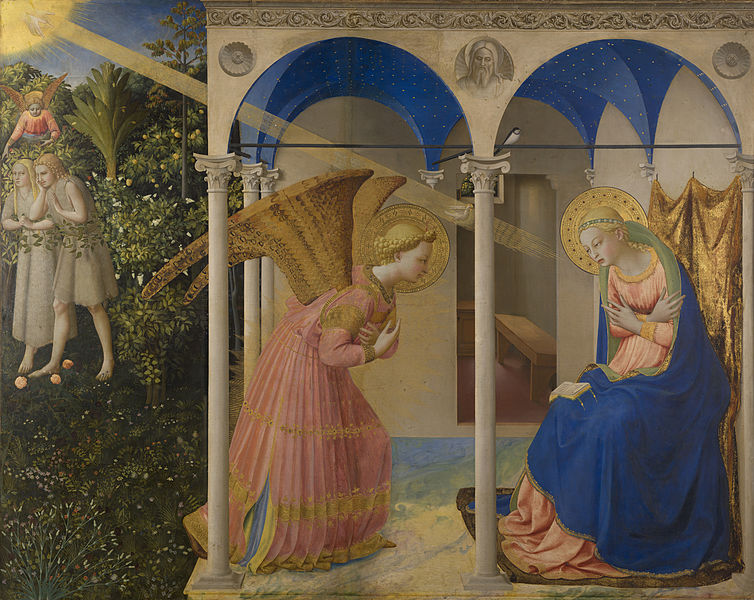David Russell Mosley

Lompret, (Belgium), the St Nicolas’ church (1879)
Ordinary Time
8 March 2017
The Edge of Elfland
Hudson, New Hampshire
Dear Readers,
Today I had intended to write about Michael Martin’s The Sophia Option II: A Joyful Noise, but then this morning he went and posted The Sophia Option III: Taking it Back. So, I will respond to both essays (Michael assures me he’s done for now on these).
In these two essays Martin continues to note his dissatisfaction with Rod Dreher’s Benedict Option. In essay two, Martin draws us to the notion of Joy. Martin rejects any implicit or explicit fear and reaction that is present, as he sees it, in Dreher’s Benedict Option. Rather, as Martin writes, “My project starts in joy and ends in joy: the joy of creation, the joy of salvation.” Martin wants us to live joyful lives, lives capable of recognizing the joy inherently knit into creation. He presents two ways of so doing (that I briefly noted in a previous letter): “cosmological awareness and a sacramental sensibility.”
Of the former, Martin writes:
“Cosmological awareness” is a fancy way to say we attend to and interiorize the rhythms of nature and their relationship to the Church year. This would have different applications in the southern hemisphere than in the northern, of course, but, wherever one lives, it should not be all that difficult to connect the two. The Church year and the cycle of saints’ days and feast days enrich the soul in their reciprocity with the progression of the seasons—though I am often mystified and disheartened by the reforms of the calendar in the Latin Church, not to mention horrified by the utilitarian “modernizations” known as Ascension Sunday and translating other Holy Days of Obligation to the nearest convenient Sunday. I think just about everyone can feel how wrong this is, even at a visceral level.
Of the latter:
A sacramental sensibility arises from this understanding of the cosmological structure of our lives. By it we feel the Presence of the Lord as his wisdom shines through the universe and our engagement, for “From the mouth of the Most High [she] came forth, and covered the earth like a mist” (Sirach 24:3). How much richer, then, can be the experience of those of us privileged with access to the Sacraments?
For Martin the liturgy, particularly as expressed in the Church calendar (and somewhat regardless of the, usually, slight differences between East and West) discloses something to us about the nature of reality itself. This is something I have thought for sometime. Liturgy reveals what is already there and then enacts it. And the sacraments play a crucial role in all of this as they are particular reminders that the world, in fact the cosmos, reality itself is a symbol that expresses something about the nature of God.
In his third essay, Martin turns to the subject of renewal. He sees the Benedict Option as primarily preservative or even conservative, in the sense of being concerned with conserving what is past. Martin would rather work on renewal. This, for Martin, requires being mindful of what we have forgotten or left behind, taking it back up, but also transforming it for the present with an eye to the future. In other words, it isn’t enough to try to conserve, say early twentieth century culture or to simply reclaim Medieval culture. Rather, we must take up what has been left behind, along with, to quote Martin quoting Steiner, “the peasant wisdom” (which is also often, not backward looking, but a continuation of former wisdom), and adapting what we find to be good, true, and beautiful for the present.
This, I think, is key. Martin seems to be suggesting what I might call a non-identical repetition. We want to recall what has been in such a way to re-enact in the present, but in a way that is fitting to the present and primed for the future. I am reminded of our present versus older understanding of history. Prior to at least the nineteenth century the majority of people did not view, could not view, the past as a foreign country. When your family lived in a single place for generations, the culture that you grew up in was not starkly transformed. You might be able to look back at what an ancestor did 100 years before and see how it is different from now, but were you to attempt to trace the moment of change you would fail, for the change came imperceptibly, naturally; in the way you could look at a picture of yourself from 10 years ago and today and see the obvious changes but not be able to point to a single moment where 10 years younger you became present day you. This is no longer the case. The past has become a foreign country in which you can only be a tourist. But, could we enact the kind of renewal Martin calls for, we might be able to bring back and move forward some of these older ways of being.
There is much more I could write, and hope to do so in the future. For now, all I can say is this: However this Radical Catholic Reimagination of Everything moves forward, I’m still in. I may have now and will certainly have caveats, differences with Martin and others. But to his call to live intentionally, and intentionally joyfully, I can give total assent. To his call to live cosmologically and sacramentally, I can give total assent. To his call to live in community, I can total assent. We cannot withdraw, we cannot only preserve. We must renew, we must enact culture and community, one founded on Christ.
Sincerely,
David












